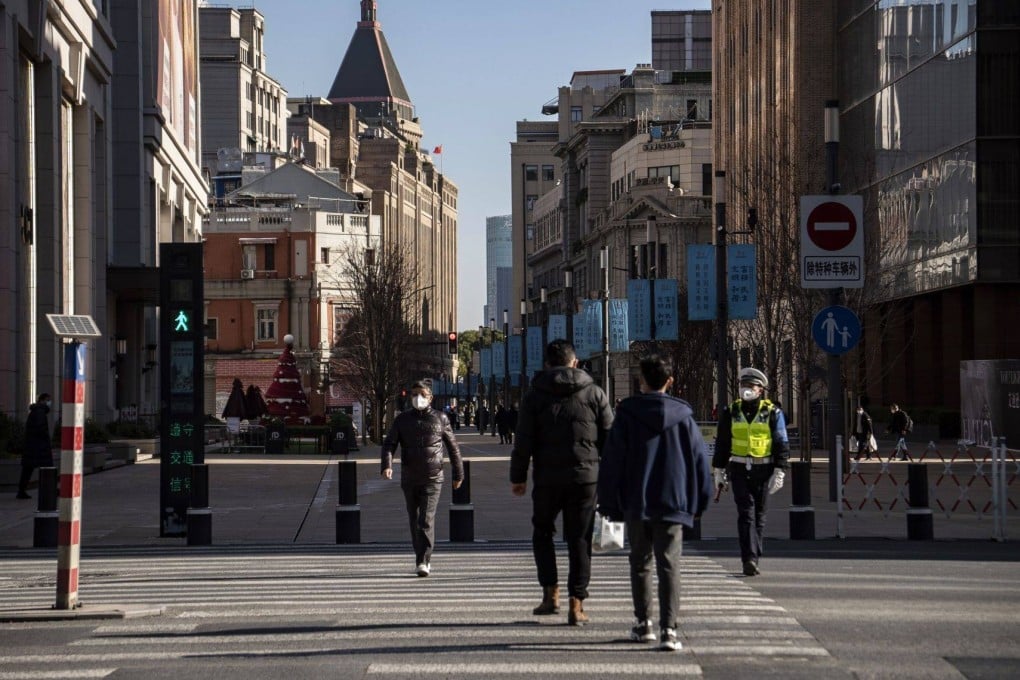China urged to restore normal working lives to lift consumption, vouchers seen to have limited long-term impact
- Gaoxin district in Chengdu, Sichuan province, this month issued a new round of consumption vouchers worth 100 million yuan (US$14.3 million)
- China’s retail sales fell by 5.9 per cent last month compared to a year earlier, although Beijing has so far been reluctant roll out a nationwide scheme

Hearing of the end to citywide lockdowns was music to Fan Xingwei’s ears, as it meant that his cafe in Chengdu, Sichuan province, could finally resume normal operations.
The 27-year-old borrowed 300,000 yuan (US$43,000) to open his cafe in June, and while it has not yet seen the foot traffic he hoped for, it is still being frequented by a few young people every day.
“I think I’ve been lucky to set up a cafe in Chengdu, since the city has experienced only about a week of lockdowns so far,” said Fan, who noted how rare such a short lockdown period was in a country where some cities, including Shanghai, were forced to endure months-long shutdowns this year.
Gaoxin district, where Fan’s cafe is located, this month issued a new round of consumption vouchers worth 100 million yuan (US$14.3 million).
I’m just hoping now that things will get back to normal and that the government will stop changing the pandemic policy suddenly
But Fan missed the window for registering online to take part in the scheme as a merchant, so now he is hopeful that another round of vouchers will help lure customers in the new year.